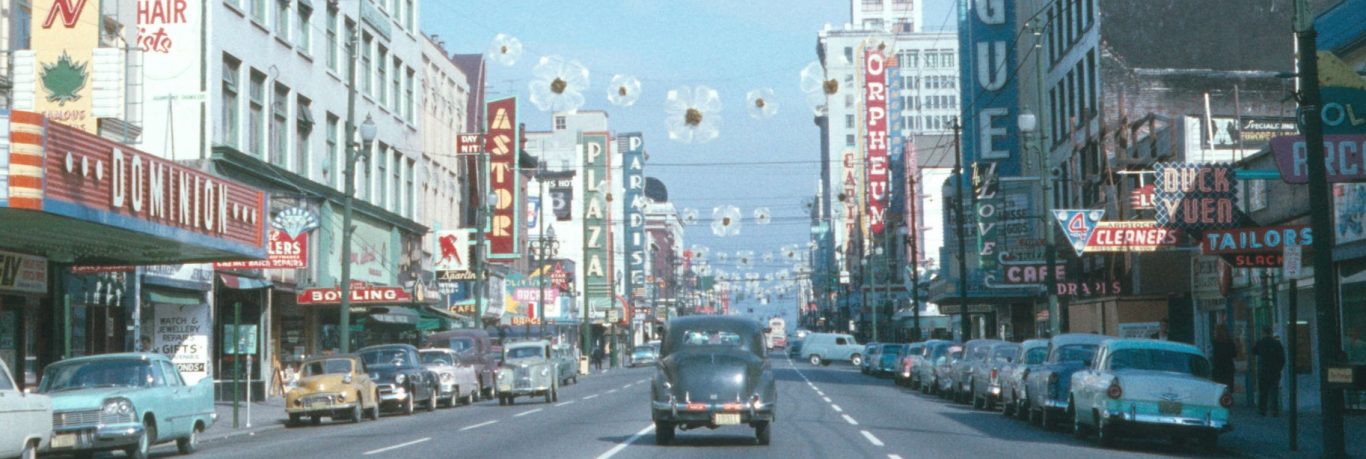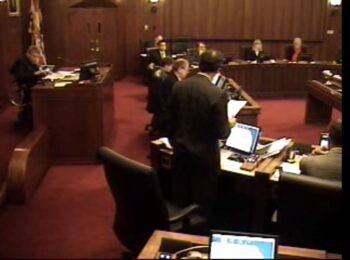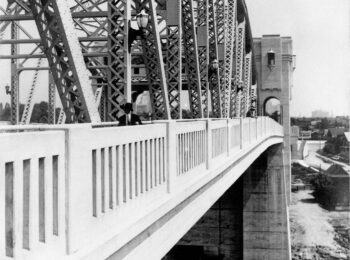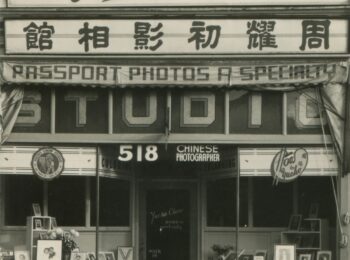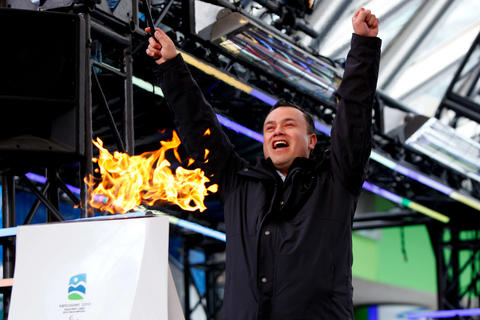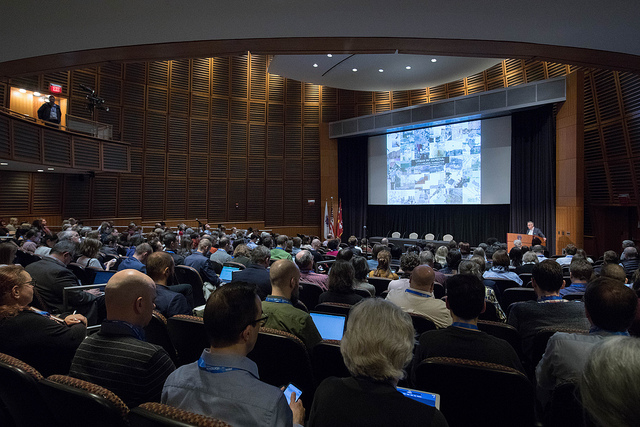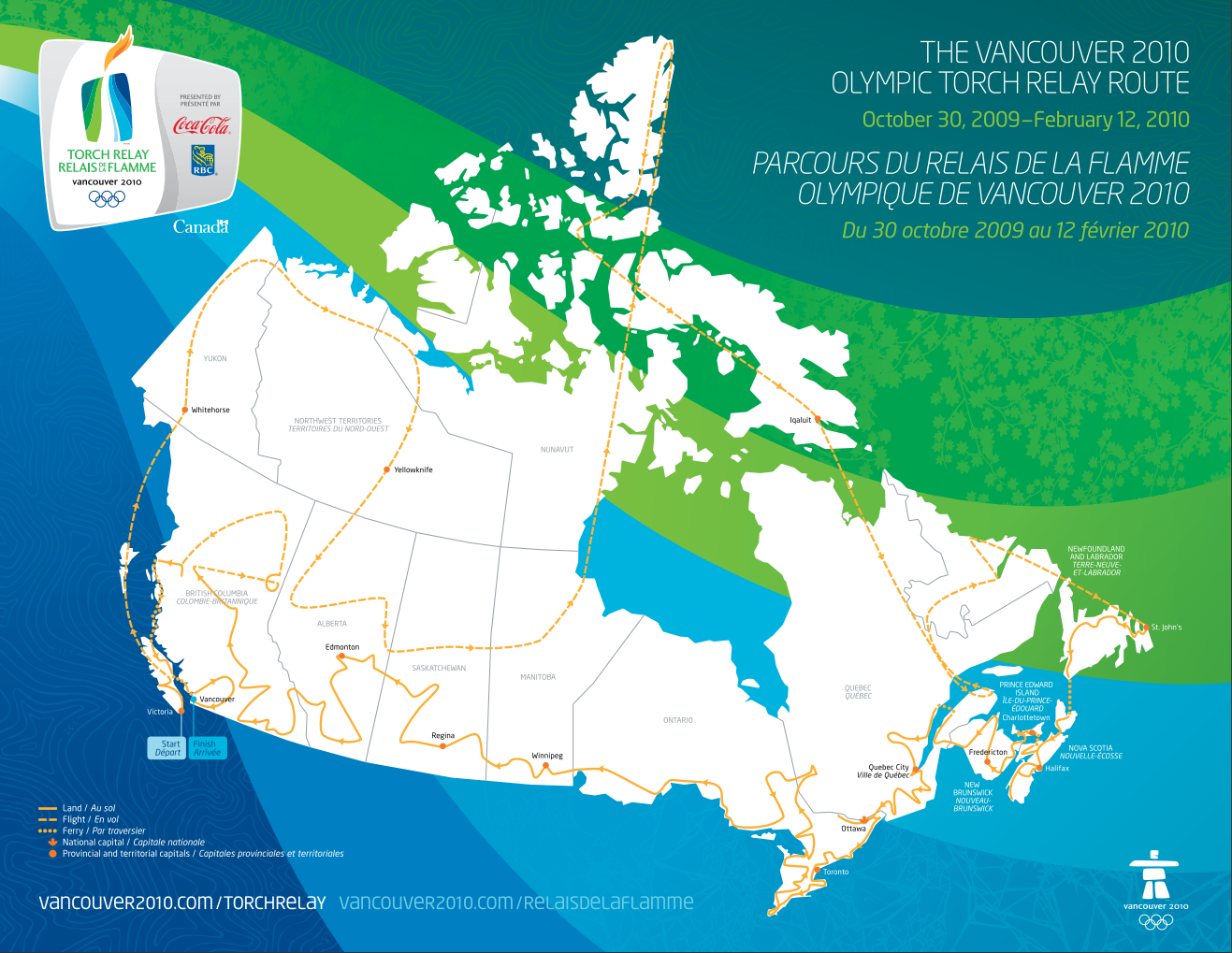It’s the Day of Digital Archives again! We’re featuring a glimpse at what a few of our staff have been doing for our digital archives program.
Glenn Dingwall is working on the Archives upgrade from Archivematica version 0.8 to version 0.9. Archivematica is one of the core components of our digital archives. When the Archives accepts a transfer or donation of digital material, Archivematica is the software package used to examine files to determine what they are, to produce preservation copies in file formats that are suitable for long-term access, to make access copies that are suitable for providing on our website, and to package the access and preservation copies together with metadata that explains what they are so that people in the future will be able to read and interpret them.
One of the changes that will happen when we move to Archivematica 0.9 is that it will now be hosted in a virtual machine environment within the City’s network. This will have a number of advantages over our current local area network setup, by making it easier for us to maintain and update the software, enabling Archivematica to communicate faster and more reliably with other components of our digital archives (such as our search software and storage environments), and allowing us more flexibility in apportioning processing resources to different tasks.
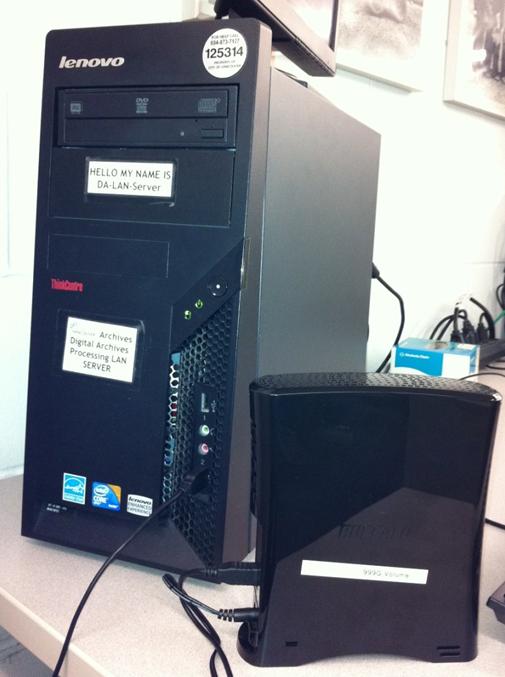
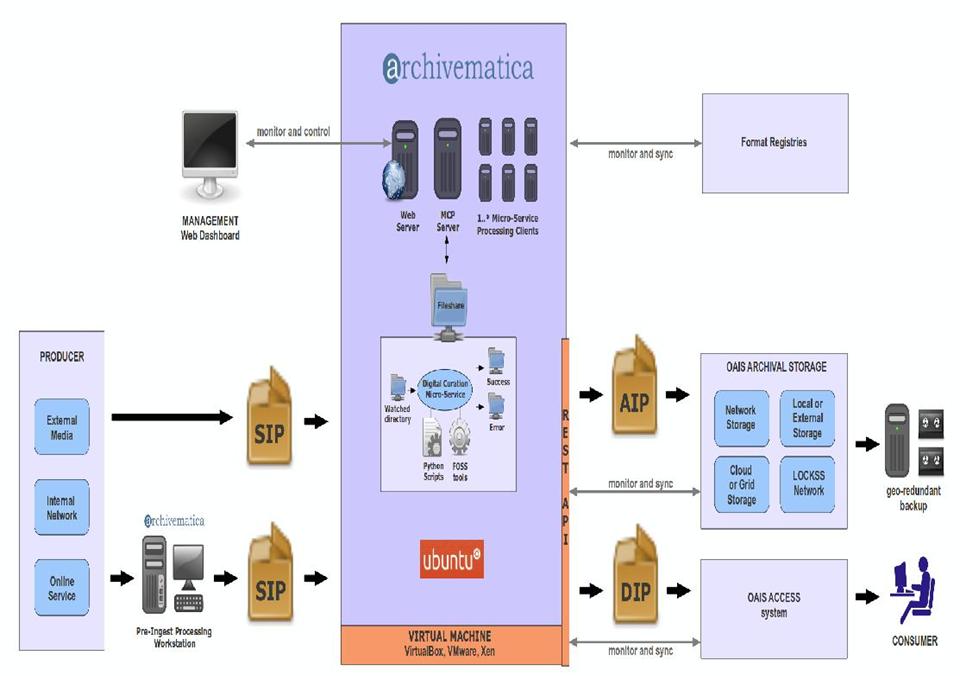
Until now, we have mostly been using Archivematica to preserve files generated through digitization projects. Once the new version is installed, we will begin processing more of our born digital materials, which will become accessible from the Archives for the first time.
Sue Bigelow has been processing files from our digitization program through Archivematica. We have been running Archivematica 0.8 on a small Linux computer network that is completely separate from the City’s network. This small local network has been used over the past few years to develop and test the Archivematica software: it wasn’t until December 2011 that we were able to use it in production.
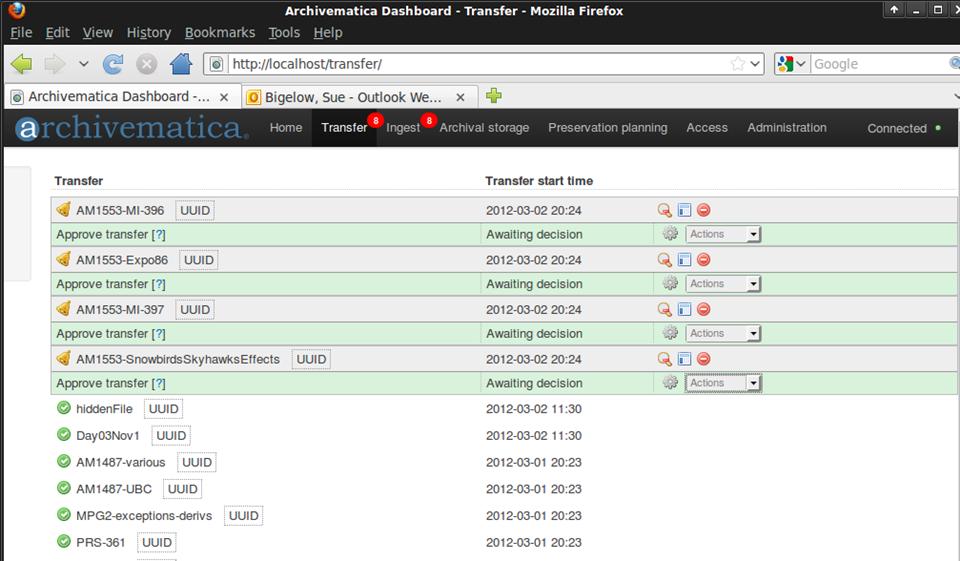
Since that time, nearly 75,000 images, over 500 videos and over 100 audio files have been processed. We decided to configure the system so that the access files it created for video and images—the large files you can download from our search system—would be the same high resolution as the master digitized file. This makes the online copies more useful, since you can see all of the important details.
The master files are packaged into virtual “bags” along with information about what they are and what happened to them as they went through Archivematica. They are stored in our secure archival network storage.
Jill Teasley’s recent work for the digital archives program includes:
- Working with private donors and City departments to arrange for donations and transfers of digital records, occasionally conducting site visits equipped with external hard drive and forensic write-blocker to acquire material directly from the donor’s computer system
- Testing upgrades to software we’re using
- Accessioning new acquisitions, which could include the duplication of digital media. For example, hard drives can be copied using imaging software to produce an open source image file which contains both the files and the structure of the original drive.
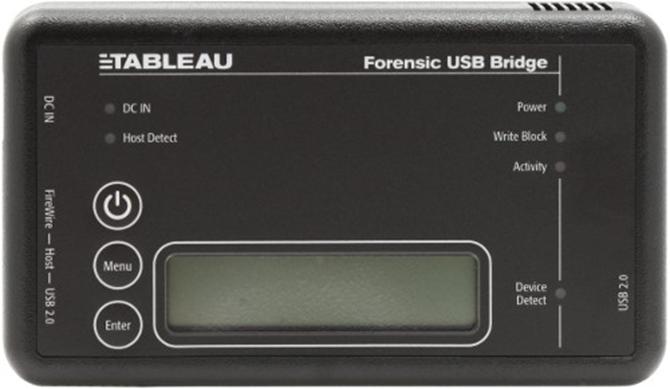
Finally, some members of our staff were fortunate to attend a free conference on digital preservation. UNESCO’s Memory of the World in the Digital Age: Digitization and Preservation conference brought archivists, scientists, and computer specialists from all over the world to Vancouver September 26-28. The calibre of papers was high overall. The exciting minds presenting keynote addresses included:
- Brewster Kahle of the Internet Archive and Open Library,
- Vinton Cerf of Google
- Dr. Anne Thurston who founded the International Records Management Trust
- Luciana Durantiof UBC’s School of Library, Archival and Information Studies
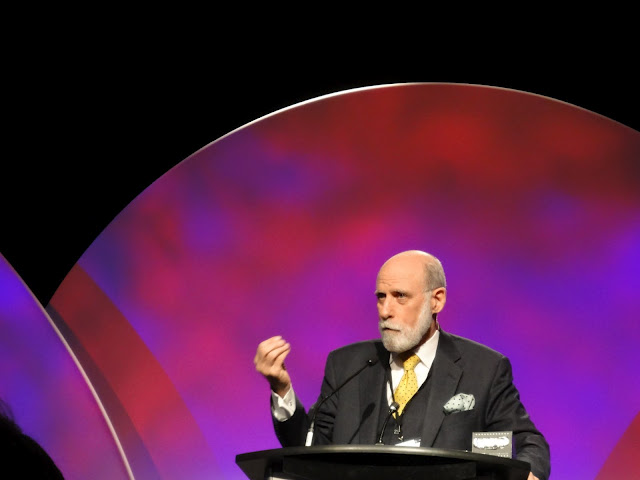
Attendees came to our beautiful city from 110 countries! This diverse group enjoyed an intense three days of presentations and workshops. At the invitation of UNESCO’s Director-General, conference attendees are collaborating on a document to submit to UNESCO as a declaration (PDF) regarding digitization, digital preservation and access.
